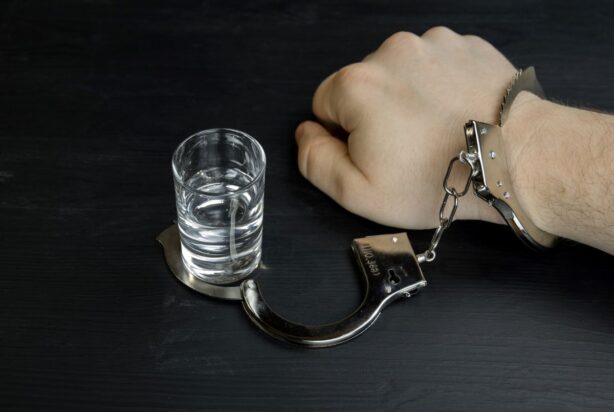Addiction is a complex and devastating disease that doesn’t just affect the person struggling with it but also their loved ones.
The impact of addiction on families can be overwhelming, leading to broken relationships, financial strain, and emotional turmoil.

At the same time, family support plays a crucial role in helping individuals recover from addiction successfully.
Read on to learn why family support is vital for successful addiction recovery, and how families can get started in providing support to loved ones struggling with addiction.
Addiction Is a Family Disease
Addiction is often thought of as an individual struggle, but it’s important to recognize that addiction affects the entire family.
Addiction is a family disease, in that it impacts the emotional and psychological well-being of everyone in the household.
When one member of a family struggles with addiction, it can cause tension and stress within the relationships between other members.
Family members may feel a sense of guilt or responsibility for their loved one’s substance abuse, leading to feelings of frustration, anger, or sadness.
When women deal with alcoholism or drug addiction, it can have a particularly devastating effect on children. Children who grow up in households with addiction are also more likely to develop addictive behaviors themselves later in life.
How Addiction Affects Family Members
Addiction is not just a struggle for the individual who experiences it. When addiction takes hold of someone’s life, the entire family dynamic can be disrupted and put under strain.
One way addiction may negatively impact other family members is by creating financial issues.
An addicted person may spend excessive amounts of money on drugs or alcohol, leaving little to no funds for necessities like groceries or rent. This leaves family members struggling to make ends meet.
Addiction also impacts a family’s emotional health. Broken promises can lead to a devastating loss of trust, and seeing a loved one struggle can leave other family members feeling helpless and guilty.
The Role of Family in Addiction Recovery
When someone is struggling with addiction, it’s easy to assume that their journey toward recovery is a solo one. However, this couldn’t be further from the truth – family support plays an integral role in addiction recovery.
First and foremost, having a supportive family can provide an addict with a sense of stability and motivation.
Knowing that they have loved ones who believe in them and want to see them succeed can give them the strength they need to keep going when things get tough.
Family members may also act as accountability partners for the addict. By checking in regularly on their progress and holding them responsible for maintaining sobriety, they can help prevent relapse.
Additionally, involving family members in therapy sessions or support groups allows everyone involved to gain a better understanding of addiction as well as each other’s perspectives.
This can lead to improved communication and stronger relationships overall.
How To Provide Support During Addiction Recovery
It’s clear that family support is incredibly helpful during addiction recovery. But, knowing just how to provide that support can be a challenge. Try these tips to get started:
- Educate yourself: Learn as much as you can about addiction and the recovery process. This will help you understand what your loved one is going through and how you can best support them.
- Be open and honest: It’s important to have an open and honest conversation with your loved one about their addiction. Express your concerns in a non-judgmental way, and let them know that you’re there to support them in their recovery journey.
- Set boundaries: While it’s important to be supportive, it’s also important to set healthy boundaries for yourself. Make sure that you’re not enabling your loved one’s addictive behavior or putting yourself in harm’s way.
- Consider therapy sessions: It may be helpful to attend therapy sessions with your loved one, or seek individual counseling for yourself if needed. Therapy can provide a safe space for everyone involved to work through their emotions and learn effective coping strategies.
- Join a support group: There are many groups available specifically for families of those struggling with addiction, such as Al-Anon or Nar-Anon meetings. These groups offer a supportive community where individuals can share experiences, receive guidance, and find comfort in knowing they’re not alone.

Addiction is a complex issue that affects not only individuals but also their families and loved ones.
And, while families often have to deal with negative situations because of their loved one’s addictions, family support can be a huge help during addiction recovery.
Remember, though, that addiction is a disease, and treating that disease will take time and hard work from the addict.
In the end, it will be up to them to address the root cause of their problems and successfully recover from their addiction.
